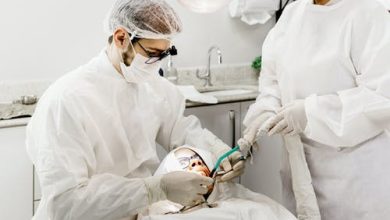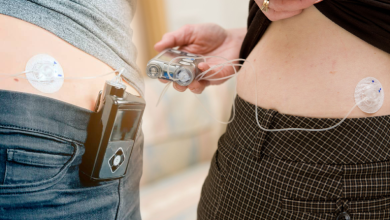Should We Be Afraid of Doctors Unproven Coronavirus Medicine?
Coronavirus hydroxychloroquine 200 mg

Earlier this week, the manufacturer of an unproven antiviral drug designed to combat the Coronavirus found in patients with pneumonia said that it was unable to meet increased demand from hospitals and was grateful that doctors were writing prescriptions for hydroxychloroquine (HCQ) since other options are not currently available.
So, should we be afraid of doctors hoarding HCQ by writing prescriptions? Should we be worried about shortages or are those fears overblown? Here are some things to consider about HCQ and unproven Coronavirus medicine in general.
How Might Hydroxychloroquine Help Treat Coronavirus?
hcqs 200 is an FDA-approved treatment for malaria, which some people think might also be able to help treat coronavirus.
The drug works by blocking a protein called TNF that the virus needs to reproduce itself.
Researchers are now looking into whether or not hydroxychloroquine can also be used to fight coronaviruses from other species, like HCoV-229E or the SARS virus. If it turns out that this is possible, then hydroxychloroquine could potentially offer another option for fighting new coronaviruses.
where can buy hydroxychloroquine 200 mg
- Some experts say that doctors are hoarding unproven coronavirus medicine.
- The reason for this is that there is no FDA-approved medication for treating the disease.
- The only drug that has been approved for use on humans, ribavirin, was created in the 1980s to treat a different virus and may not be effective against this new virus.
- If you do want to take care of yourself by purchasing an unapproved drug, it will cost you at least $2,000 per course, which is a more expensive option than most people can afford.
Are There Any Risks Associated with Taking Hydroxychloroquine?
- Hydroxychloroquine is a drug that has been used for years to treat malaria and other diseases.
- It is not known if this drug is effective in treating the coronavirus, but there are no risks associated with taking it.
- There are some side effects, such as headache and mouth sores, but these usually go away after a few days.
- If you have asthma or any other lung disease, please consult your physician before taking hydroxychloroquine.
- Additionally, pregnant women should not take this medication without first consulting their doctors.
what is main fector of Hydroxychloroquine
Hydroxychloroquine is an anti-malarial drug that has been approved by the FDA for use in treating symptoms associated with rheumatoid arthritis.
It’s also used to treat lupus, Sjogren’s syndrome, and certain skin conditions like discoid lupus erythematosus (DLE). Hydroxychloroquine works by slowing down the immune system, which reduces inflammation.
This means that it can be helpful for people who suffer from autoimmune disorders and other conditions where immune responses are out of control. Although it is not a cure for these diseases, hydroxychloroquine can help manage symptoms such as pain and swelling.
Hydroxychloroquine should be taken with food or milk because this helps prevent stomach upset or diarrhea.
Why Are Some Doctors Hoarding Hydroxychloroquine?
Doctors may be hoarding hydroxychloroquine for a few reasons.
Hydroxychloroquine is an anti-malarial medication that has been shown to inhibit the replication of coronaviruses, including the SARS virus.
It is also used as an off-label treatment for other conditions such as rheumatoid arthritis, lupus and various skin disorders.
The drug is inexpensive and easily available in most countries. Some doctors might be stockpiling it in case a pandemic occurs, while others are using it on their patients because they believe that the anti-malarial properties can help fight the coronavirus or help with symptoms.
Is There a Risk that Hydroxychloroquine Will Become Less Effective if it’s Overused?
Theoretically, if doctors are writing prescriptions for hydroxychloroquine to people who do not have the virus, then there’s a risk that the drug may become less effective if it is overused.
However, there is no evidence to suggest that doctors are currently doing this and so there does not seem to be any immediate reason for concern.




